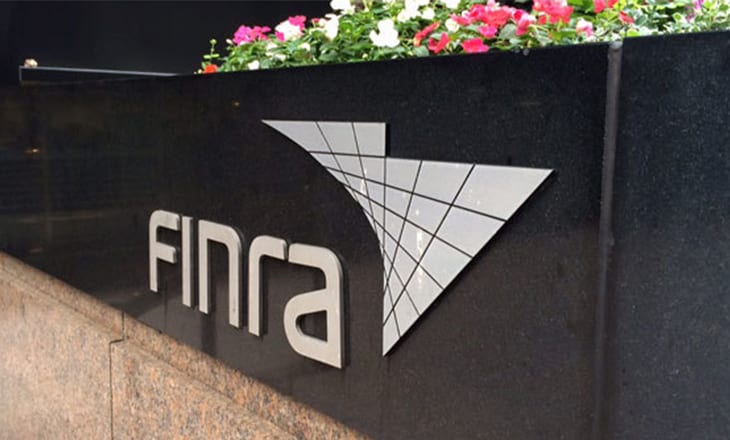The Financial Industry Regulatory Authority (FINRA) today requested comment on its rules governing outside business activities and private securities transactions as part of a new retrospective rule review.
The review aligns with the ongoing FINRA360 initiative, a comprehensive review of the organization’s operations and programs.
The review centers on rules governing broker-dealer employees’ business and securities activities carried out away from their firm – activities that are outside the regular course or scope of their employment with the firm. These rules were designed to protect investors from potentially problematic or risky activities that are unknown to the firm but could be perceived by the investing public as either part of the firm’s business or having the firm’s imprimatur. In addition, the rules protect firms from reputational or litigation risks when employees engage in business and securities activities outside of the firm.
FINRA requested comment in part on whether the rules have effectively addressed the problems they were intended to mitigate, and sought feedback on the economic impact of the rules and the challenges to complying with them. Comments must be received by June 29, 2017.
Regularly reviewing significant rules to ensure they remain effective at protecting investors in an efficient manner is a key priority that aligns with our FINRA360 initiative,” said FINRA President and CEO Robert W. Cook. “Successful self-regulation requires continuous renewal and improvement. Meaningful dialogue with stakeholders is essential to that process.
Since assuming his role in August 2016, Cook has heard – as part of an ongoing listening tour – from investors, member firms, investor advocates, regulators, trade associations and FINRA employees, among other stakeholders, about what FINRA is doing well and what it could be doing better. FINRA360 provides a framework to address this feedback and ensure that FINRA is committed to ongoing improvement. As part of the effort, FINRA in recent weeks requested comment on the organization’s rules impacting capital formation, as well as FINRA’s engagement programs.
